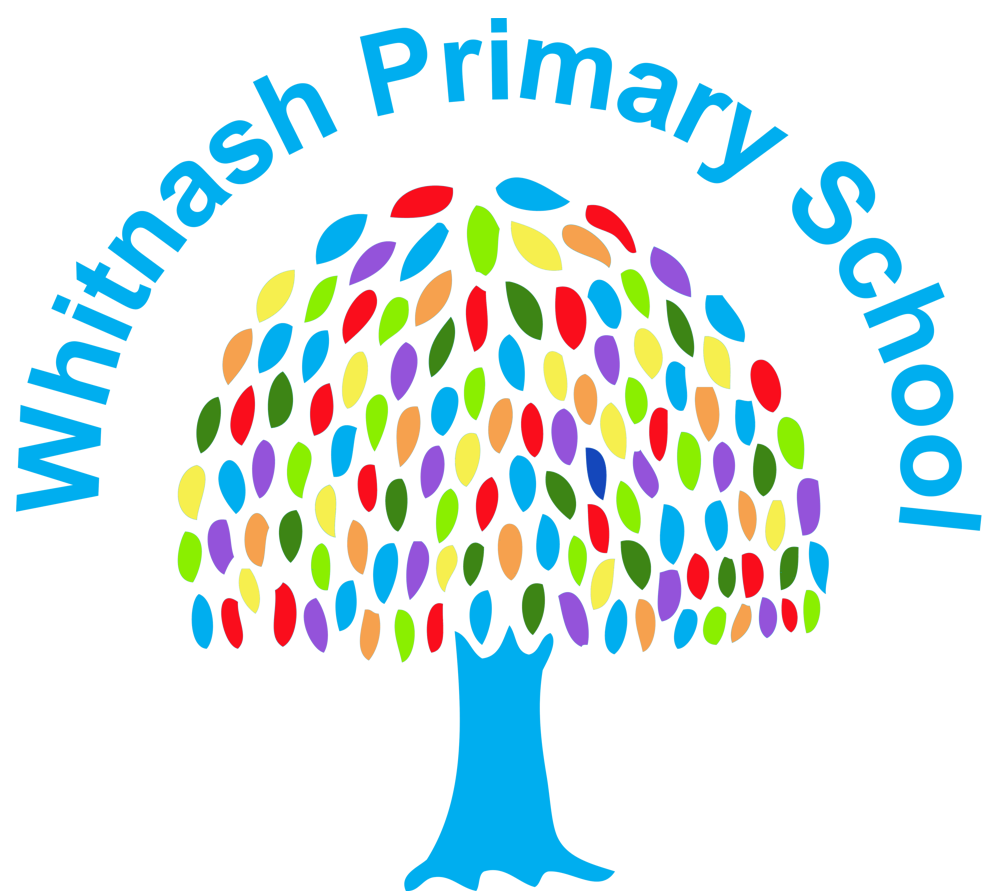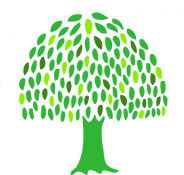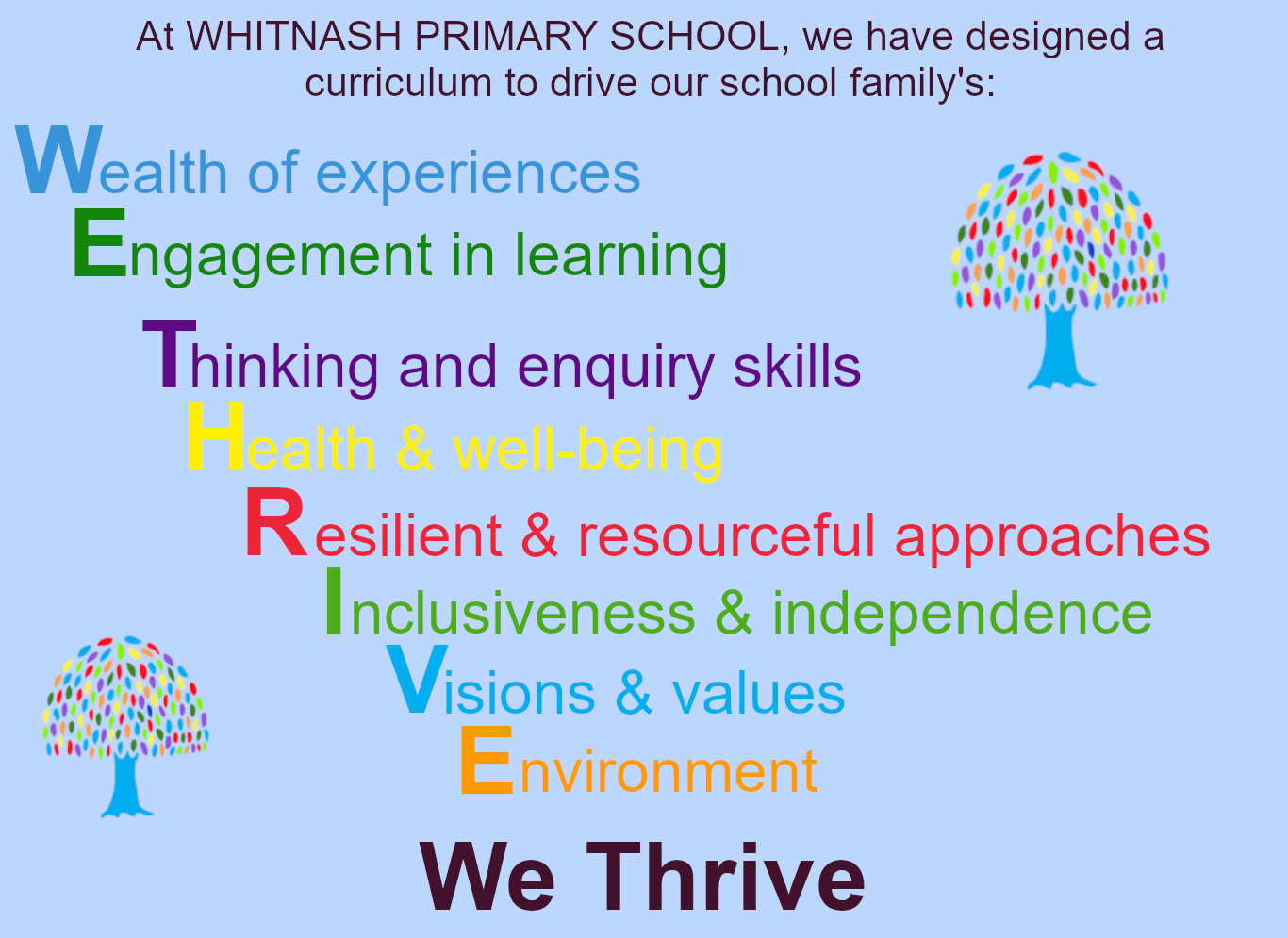
Forest School is a learning approach based upon a Scandinavian model of preschool outdoor education. It follows the six Forest School Principles. It is a long term process of regular sessions and has to take place in a woodland site and be run by a qualified Forest School practitioner. We are lucky at Whitnash to have our own woodland area on our school site where Forest School sessions take place. We are also fortunate to have two trained members of staff. Mrs Henshaw is a Level 3 qualified Forest school leader and Mr Collins is a Level 2 qualified Forest School assistant. Children from Reception and Key Stage 1 get one block of six forest school session each year.
At Whitnash we believe in the benefits that Forest School learning provides and know that it has a positive impact on our children. Forest School activities are child initiated and allow children to explore the woodland and make choices about their own learning. The role of the adult is to observe and support the children’s natural curiosity and enable them to decide what they are interested in. Forest School encourages children to take controlled risks, play and learn diverse skills. Activities can include fire cooking, using Kelly kettles to make warm drinks, wood craft, tools use, den building, physical movement activities, rope and string work and playing team and group games. Through these activities children learn skills and behaviours like perseverance, resilience, self-esteem, problem solving, cooperation, independence, creativity, physical development, social and communication skills as well as knowledge and respect of their environment. Development of these skills will benefit our children now and help enable them to become successful teenagers and adults in the future.
Forest School Site Risk Assessment
Forest School Handbook
Forest School Activity Risk Assessment


Forest School is a learning approach based upon a Scandinavian model of preschool outdoor education. It follows the six Forest School Principles. It is a long term process of regular sessions and has to take place in a woodland site and be run by a qualified Forest School practitioner. We are lucky at Whitnash to have our own woodland area on our school site where Forest School sessions take place. We are also fortunate to have two trained members of staff. Mrs Henshaw is a Level 3 qualified Forest school leader and Mr Collins is a Level 2 qualified Forest School assistant. Children from Reception and Key Stage 1 get one block of six forest school session each year.
At Whitnash we believe in the benefits that Forest School learning provides and know that it has a positive impact on our children. Forest School activities are child initiated and allow children to explore the woodland and make choices about their own learning. The role of the adult is to observe and support the children’s natural curiosity and enable them to decide what they are interested in. Forest School encourages children to take controlled risks, play and learn diverse skills. Activities can include fire cooking, using Kelly kettles to make warm drinks, wood craft, tools use, den building, physical movement activities, rope and string work and playing team and group games. Through these activities children learn skills and behaviours like perseverance, resilience, self-esteem, problem solving, cooperation, independence, creativity, physical development, social and communication skills as well as knowledge and respect of their environment. Development of these skills will benefit our children now and help enable them to become successful teenagers and adults in the future.



Forest School is a learning approach based upon a Scandinavian model of preschool outdoor education. It follows the six Forest School Principles. It is a long term process of regular sessions and has to take place in a woodland site and be run by a qualified Forest School practitioner. We are lucky at Whitnash to have our own woodland area on our school site where Forest School sessions take place. We are also fortunate to have two trained members of staff. Mrs Henshaw is a Level 3 qualified Forest school leader and Mr Collins is a Level 2 qualified Forest School assistant. Children from Reception and Key Stage 1 get one block of six forest school session each year.
At Whitnash we believe in the benefits that Forest School learning provides and know that it has a positive impact on our children. Forest School activities are child initiated and allow children to explore the woodland and make choices about their own learning. The role of the adult is to observe and support the children’s natural curiosity and enable them to decide what they are interested in. Forest School encourages children to take controlled risks, play and learn diverse skills. Activities can include fire cooking, using Kelly kettles to make warm drinks, wood craft, tools use, den building, physical movement activities, rope and string work and playing team and group games. Through these activities children learn skills and behaviours like perseverance, resilience, self-esteem, problem solving, cooperation, independence, creativity, physical development, social and communication skills as well as knowledge and respect of their environment. Development of these skills will benefit our children now and help enable them to become successful teenagers and adults in the future.

Click blue buttons for more information.
Forest School Site Risk Assessment
Forest School Handbook
Forest School Activity Risk Assessment
Page last updated 291123
All Rights Reserved | Whitnash Primary School

